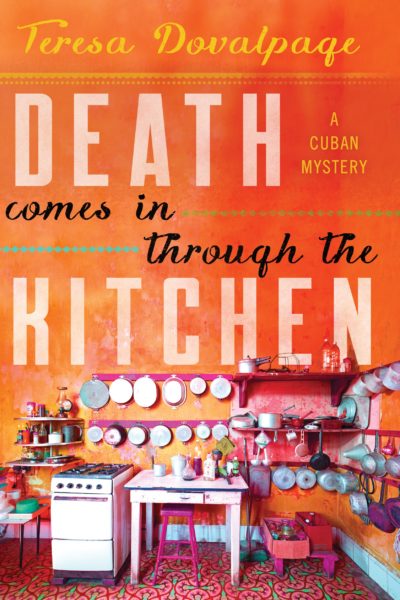Ehrhart, Peggy. Murder, She Knit. New York: Kensington Books, 2018.
In this promising start to a new series, widowed Pamela Paterson invites her husband's former colleague Amy Morgan who recently took a job with a local college to her home for the weekly knitting group meeting. When Amy doesn't show up, Pamela assumes something came up at the university. Later that evening while looking for the cat's bowl, she discovers her friend's body in the shrubbery with a knitting needle poking out of her body. The needle seems to point to someone in the group, but Amy made some controversial decisions during her short time chairing the department, supplying suspects outside the frame of the needlework circle. Pamela doesn't think police always ask the right questions and begins to investigate with the help of neighbor and fellow knitter Bettina.
The conclusion of this one caught me a bit by surprise although I confess to coming up with no solution of my own. The clues were present, but not obvious. I'm a bit baffled why the police did not interact with Pamela more and warn her about sleuthing. I loved the cat who adopted Pamela and look forward to Catrina's becoming more comfortable around her pet human. The main characters and setting were well-developed. I look forward to the next installment of the series and to seeing how the characters develop over the course of the series. I received an advance electronic galley from the publisher through NetGalley with the expectation of an honest review.



